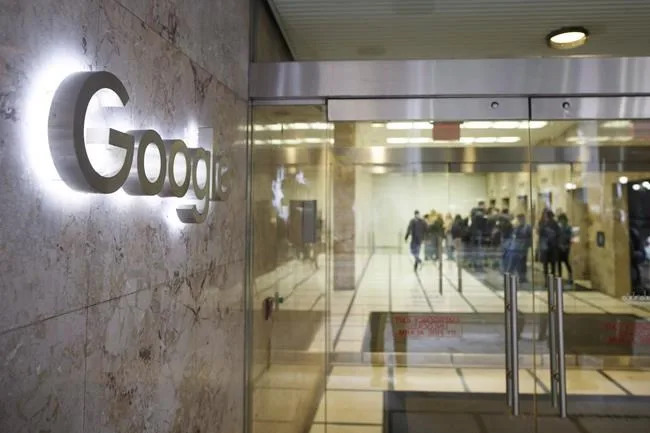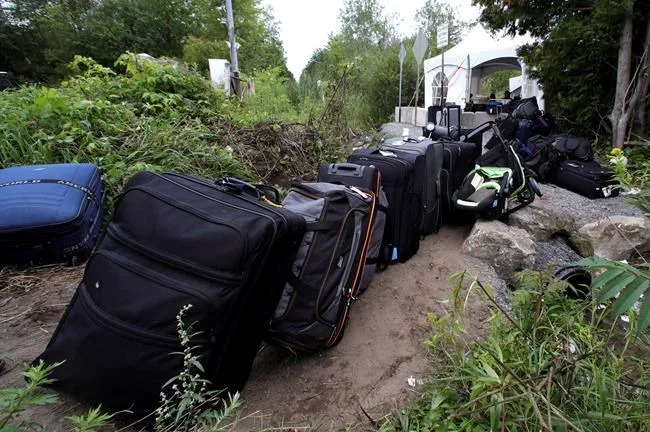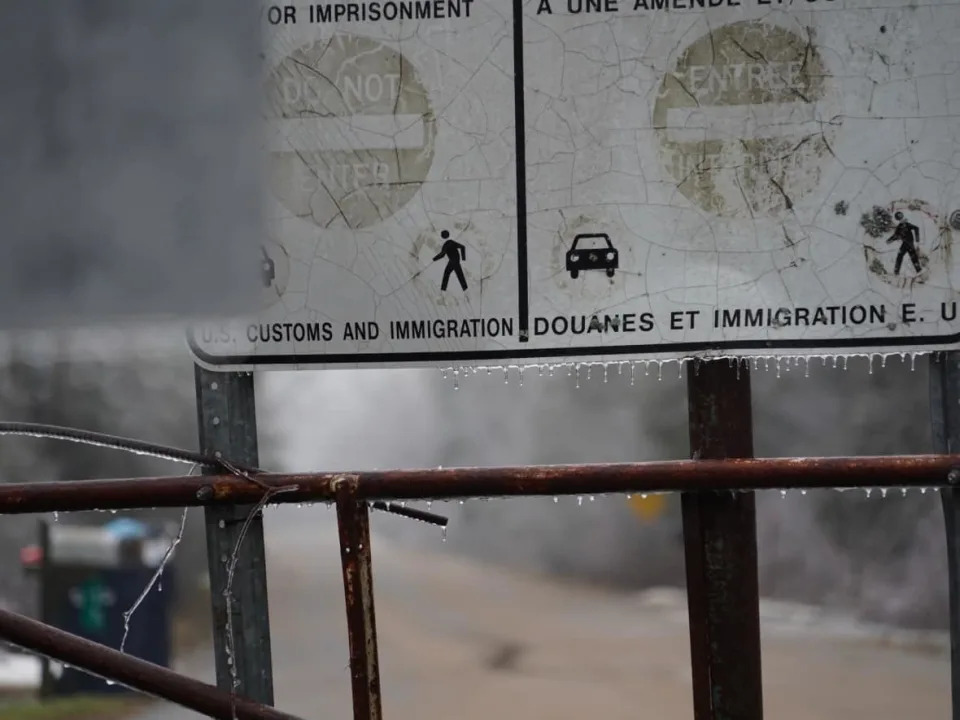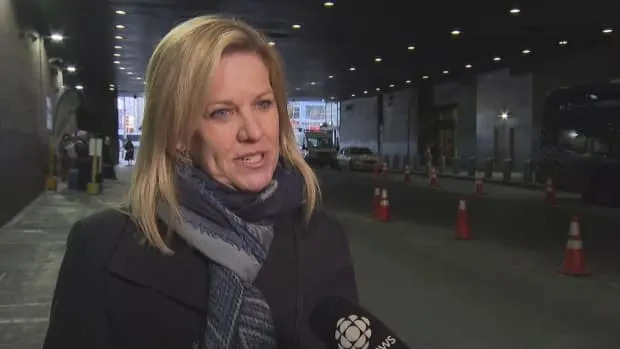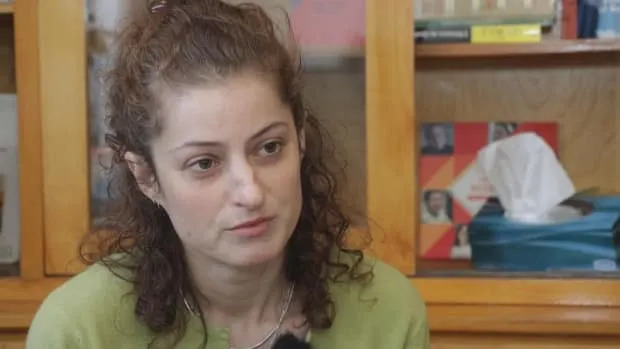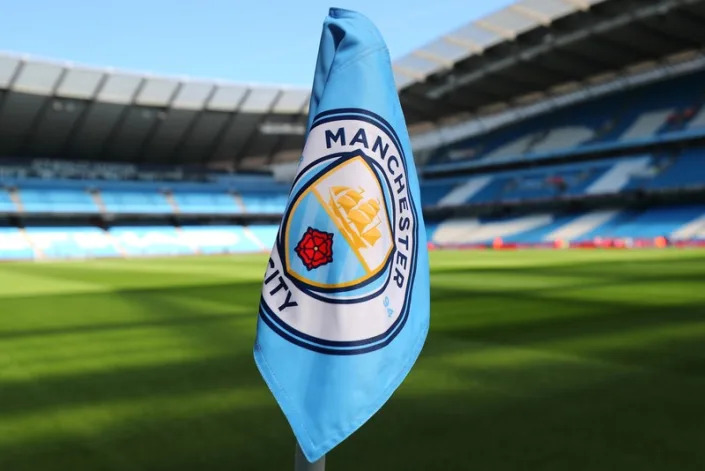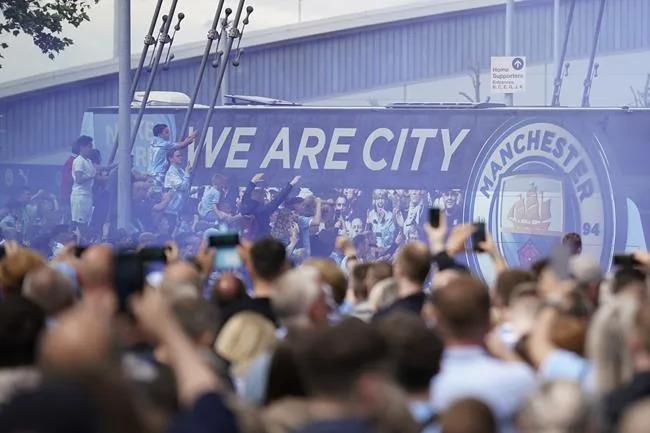Nathan Howes
Mon, February 6, 2023

Canada's wild bees are under pressure from a variety of threats, which now include two newfound invasive species that popped up on scientists' radar after turning up in Ontario.
For the first time in Canada, two foreign mason bee species have been found, posing a risk to native mason bees. The non-native mason bees, Osmia cornifrons and Osmia taurus, originate from northern Asia and were introduced to North America more than 50 years ago as crop pollinators. The Osmia taurus is of particular concern to researchers.
SEE ALSO: Bees can't get COVID, but other virus infections may mean fewer babies
Their discovery in Ontario was made by University of Toronto Scarborough (UTSC) researchers in 2017, then popping up again in the following two years. After that, scientists found even more individuals through iNaturalist.
Scott MacIvor, an assistant professor in biological sciences at the UTSC and lead author of the study published in the journal, PeerJ Life and Environment, told The Weather Network that it is "very likely" we will see other types of non-native species move into Canada from the U.S.
"It was a matter of time before the land bridges that connect our countries would be a natural pathway for these [invasive species] into our province," said MacIvor.

Mason Bee (Osmia taurus) (12376108403)/Wikipedia
Osmia taurus. (Benjamin Smith/Wikipedia. CC BY 2.0)
"These land bridges are kind of our natural corridors that these bees and other animals may use to fit within their habitat range they prefer."
More work needed to survey mason bee numbers
Mason bees are active in the early spring, overwintering as adults instead of larvae like most bees do, the assistant professor said. Many people examining these species are focusing mostly on the summer when they have already retreated into their nests for the year, so it's hard to gauge the populations of the two invasive species in Ontario at the moment.
"More work is needed to survey these [species] early in the spring, so we can kind of get a better sense of the population sizes of these. But certainly we see them. And we didn't see them before," said MacIvor.
What's "unique" about mason bees is the prevalence of an online trade for their cocoons to support pollination, whether in agricultural systems or for sale to gardeners who want to augment these in their backyards, MacIvor said.

Osmia cornifrons (non-native mason bee)
Osmia cornifrons. (Beatriz Moisset/Wikipedia. CC BY 3.0)
"Mason bee cocoons are one of the main groups of bees that are very easy to [sell]. They overwinter in a little cocoon as an adult. Well, we can collect those cocoons and put them in the mail. And it is illegal to do that between the United States and Canada," he said.
These types of "human-driven movements" of wildlife are activities we need to be aware of, MacIvor said. However, there is no evidence to suggest Osmia cornifrons and Osmia taurus arrived in Ontario from a mail-order source.
"Toronto is a large, growing city, and there is a lot of interest in pollinator gardening [to] save the bees. It is possible these kinds of online services may lead to the movement of certain kinds of bees or pathogens," said MacIvor.
Threats to native mason bees
One of the problems with non-native mason bees is they compete with wild species over food and nesting opportunities, the UTSC assistant professor stated.

Blue orchard bee/JimRivers OSU College of Forestry/Wikipedia
Orchard mason bee. (Jim Rivers/OSU College of Forestry/Wikipedia. CC BY-SA 2.0)
"They use the same kinds of flowers in early spring where people aren't putting enough attention into the diversity or breadth of the flower availability for these bees. So, there may be more competition," said MacIvor.
“These two non-native bees have also been associated with a non-native mite species. Mites can get into the nests of bees and cause havoc, impact larval health or death.”
Mason bees are important pollinators for native spring ephemerals in woodlands and for orchard crops, as well, MacIvor said. This includes everything from plums and peaches to cherries and apples.
"Supporting our native wild bee populations in general supports these critical pollination services that we depend on," said MacIvor. And in the case of wild bees, we get it for free."

Orchard mason bee/Red58bill
Orchard mason bee. (Red58bill/Wikipedia. CC BY 3.0)
With at least one out of every three bites of food requiring pollination, we have to think about protecting bees to ensure nutritional security, MacIvor said. Just in the Greater Toronto Area (GTA) alone, there are upwards of 300 species of bees or more.
“They're really effective pollinators of many of the crops that we really like, especially the really colourful, nutritious ones that can sometimes be expensive," said MacIvor. "There are broad, sweeping actions like gardening for pollinators in all the seasons that can really have an important impact to ensure they stick around with us."
WATCH: What do bees and thunderclouds have in common? More than you'd think
Click here to view the video
Thumbnail courtesy of Don Campbell/University of Toronto Scarborough.
Follow Nathan Howes on Twitter.


